I am new in C programming and I have been trying hard to customize an opensource tool written in C according to my organizational needs.
IDE: Eclipse, Debugger: GDB, OS: RHEL
The tool is multi-process in nature (main process executes first time and spawns several child processes using fork() ) and they share values in run time. While debugging in Eclipse (using GDB), I find that the process being debugged is only running while other processes are in suspended mode. Thus, the only running process is not able to do its intended job because the other processes are suspended.
I saw somewhere that using MI command in GDB as "set non-stop on" could make other processes running. I used the same command in the gdbinit file shown below:

Note: I have overridden above .gdbinit file with an another gdbinit because the .gdbinit is not letting me to debug child processes as debugger terminates after the execution of main process.
But unfortunately debugger stops responding after using this command.
Please see below commands I am using in the gdbinit file:

Commenting non-stop enables Eclipse to continue usual debugging of the current process.
Adding: You can see in below image that only one process is running while others are suspended.

Can anyone please help me to configure GDB according to my requirement?
Thanks in advance.

